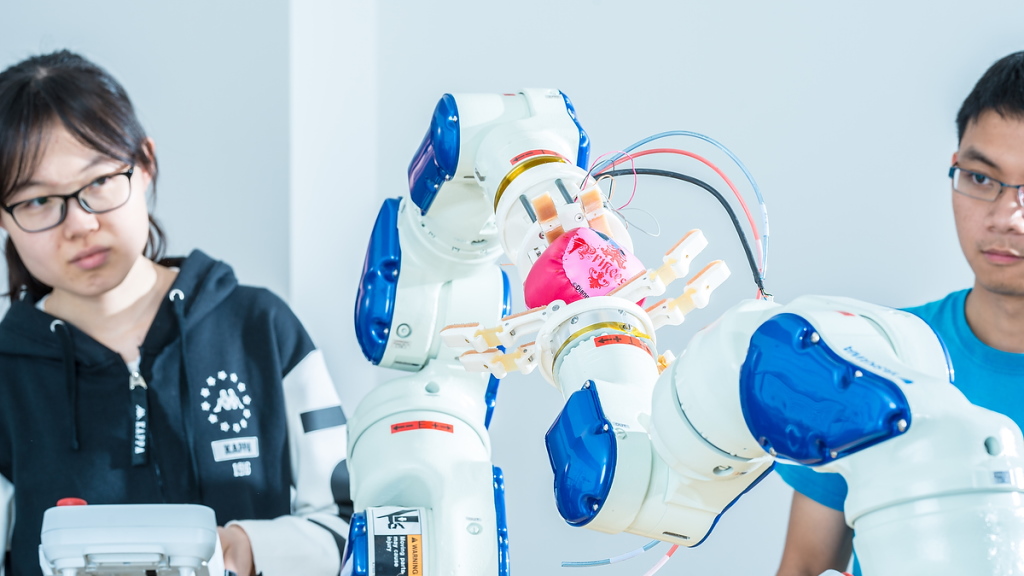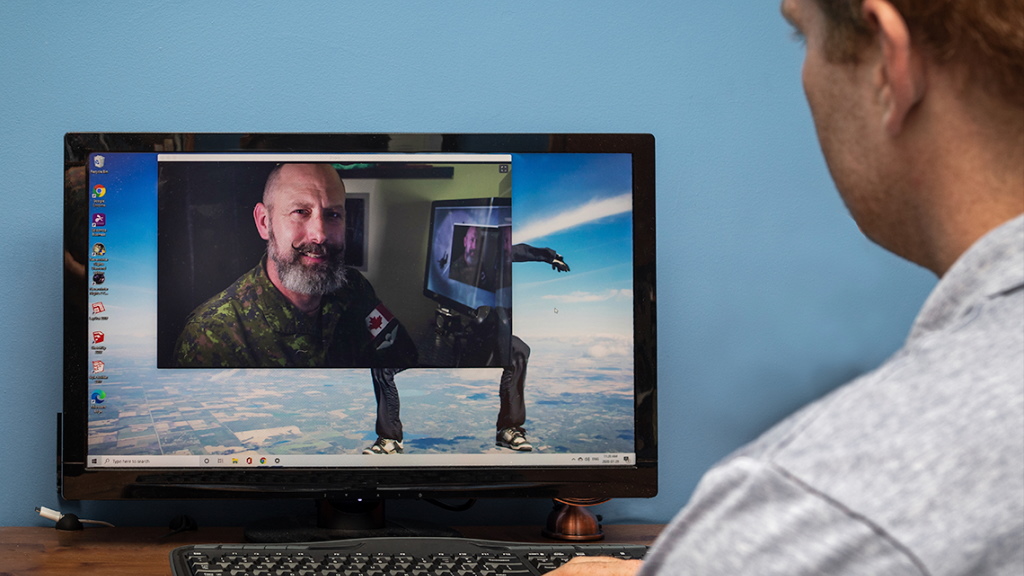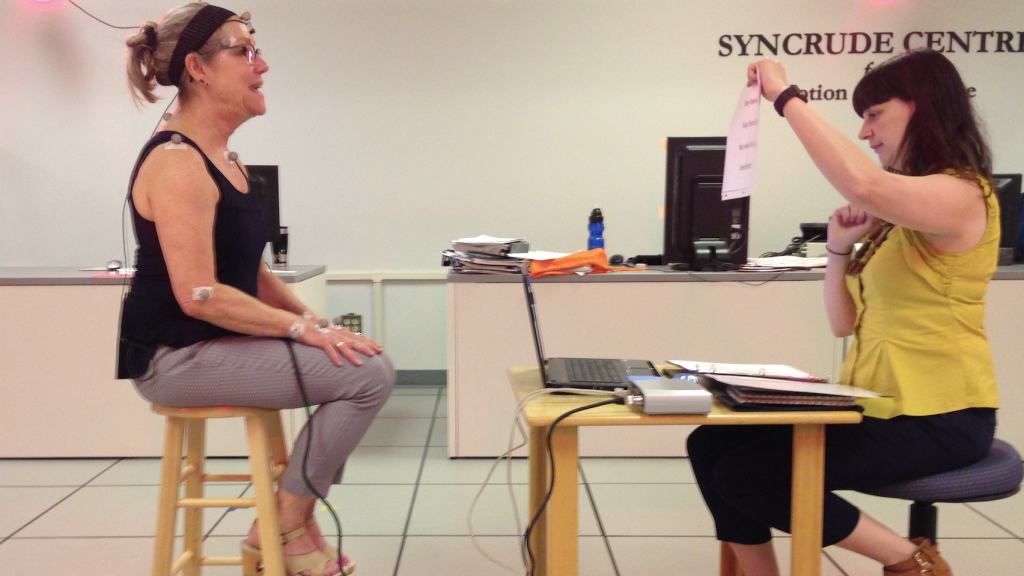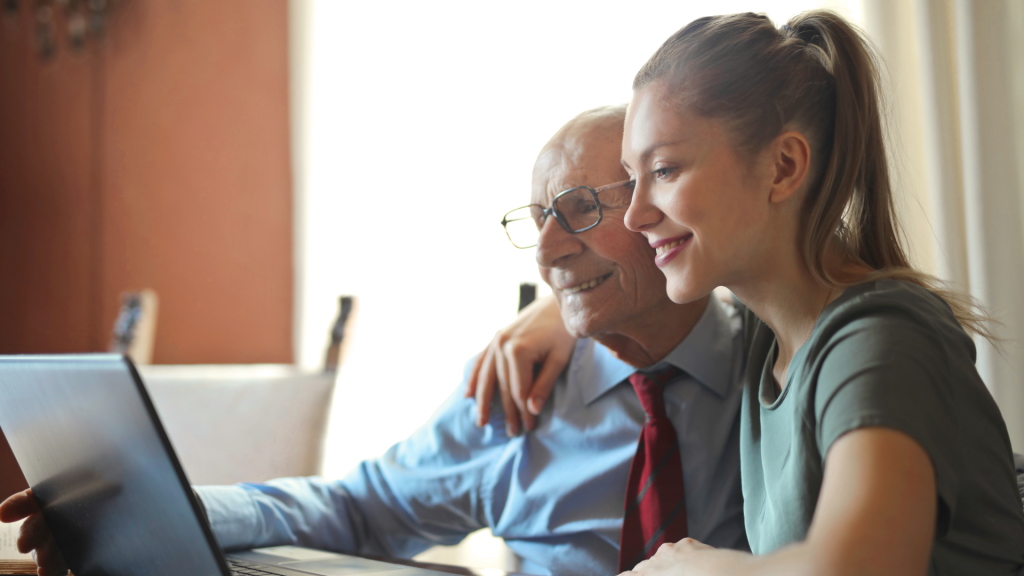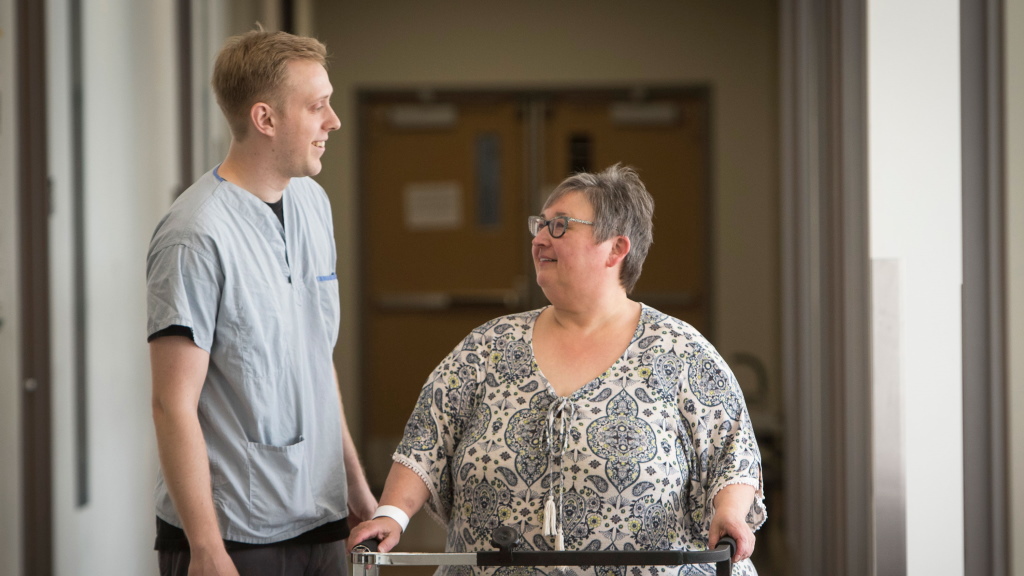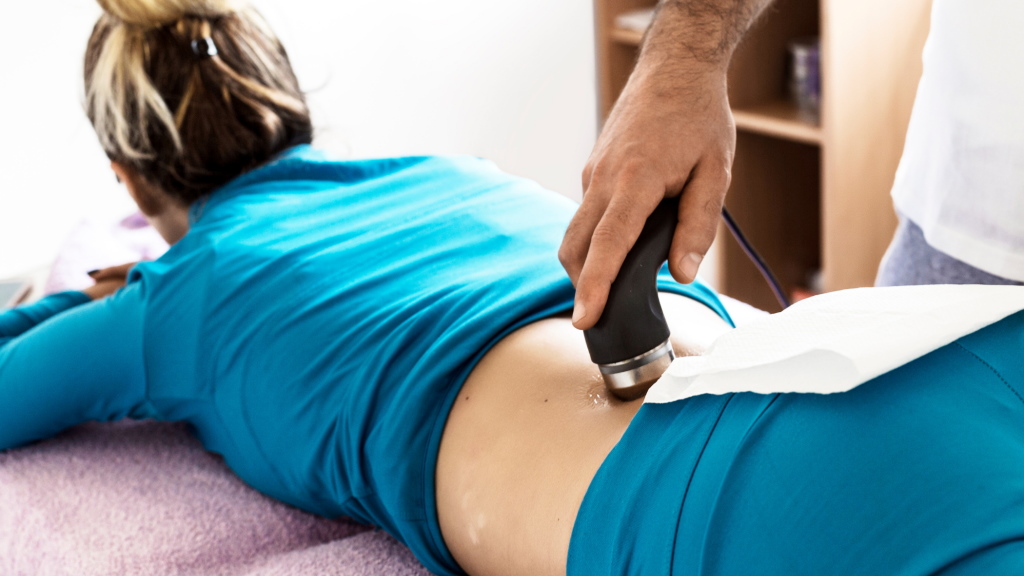Rehab Impact 2021

Our work matters now more than ever.
Since the COVID-19 pandemic began, rehabilitation professionals have been on the frontline – supporting the long journey of recovery and helping people heal both physically and mentally. But this past year was just the beginning. The World Health Organization estimates 2.4 billion people globally are living with a health condition that benefits from rehabilitation. And with new questions around long-haul COVID and the explosion of tele-health and remote assessment, rehabilitation professionals – including graduates of the Faculty of Rehabilitation Medicine – will continue to be in great demand as health-care leaders in a post-pandemic world.
Celebrating Rehab Impact
Here are some of our biggest achievements from the past year!
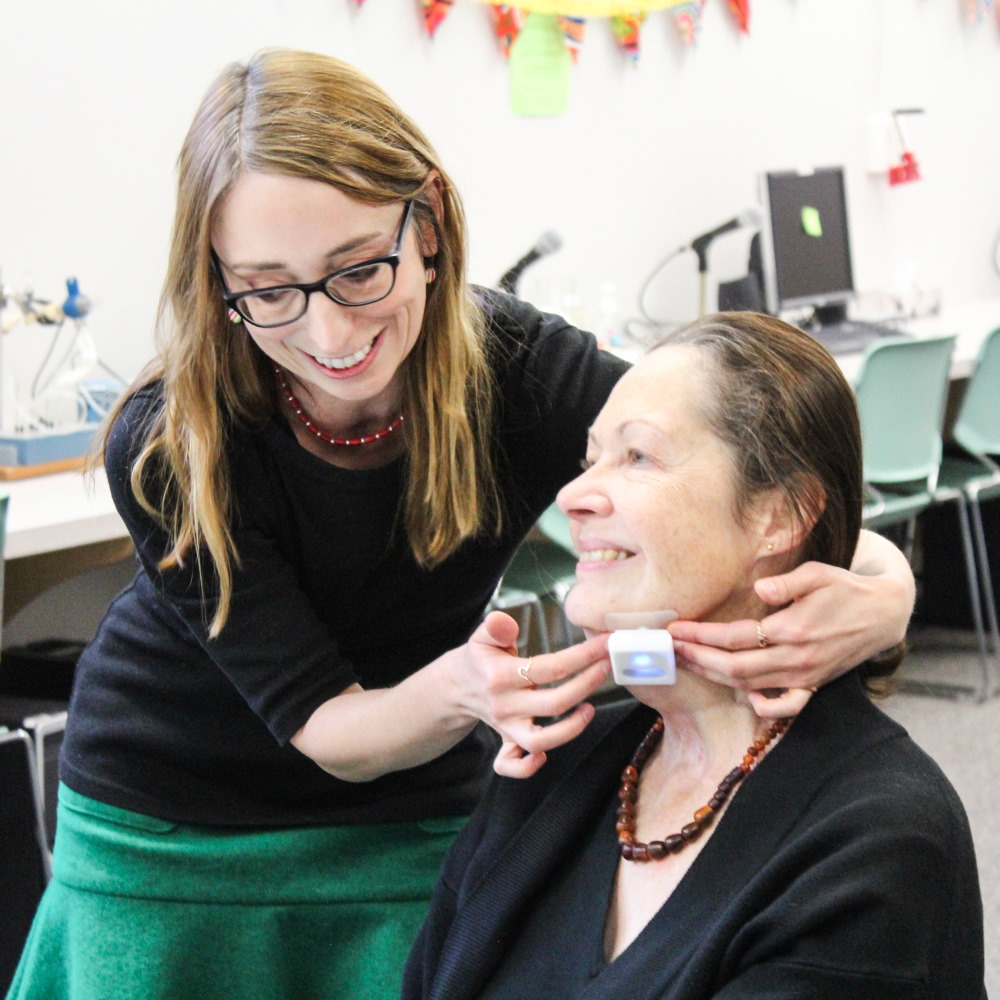
Rehab Med spinoff company True Angle named Edmonton Startup of the Year by the National Angel Capital Organization (NACO) for the launch of Mobili-T, a "mobile therapist" device and app that helps cancer patients regain their ability to swallow
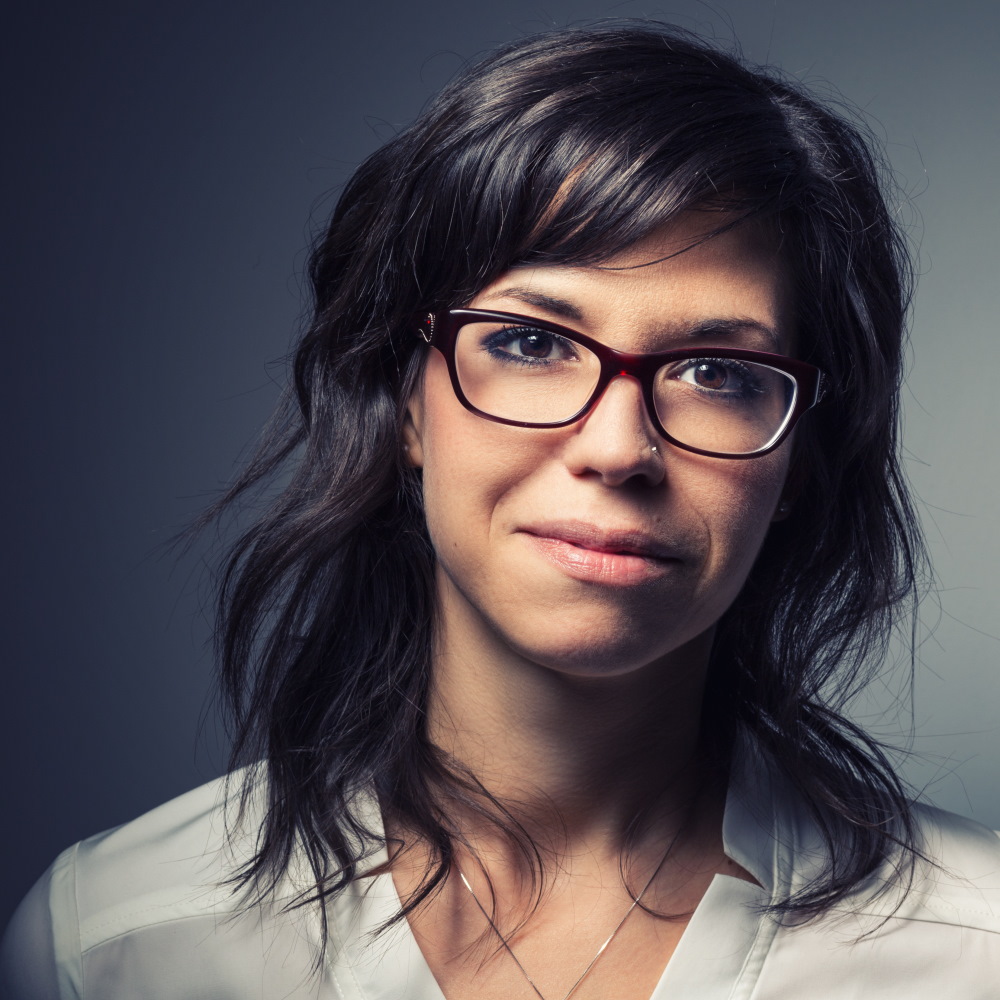
Communication Sciences and Disorders professor Jacqueline Cummine appointed Canada Research Chair in the Neuroscience of Literacy
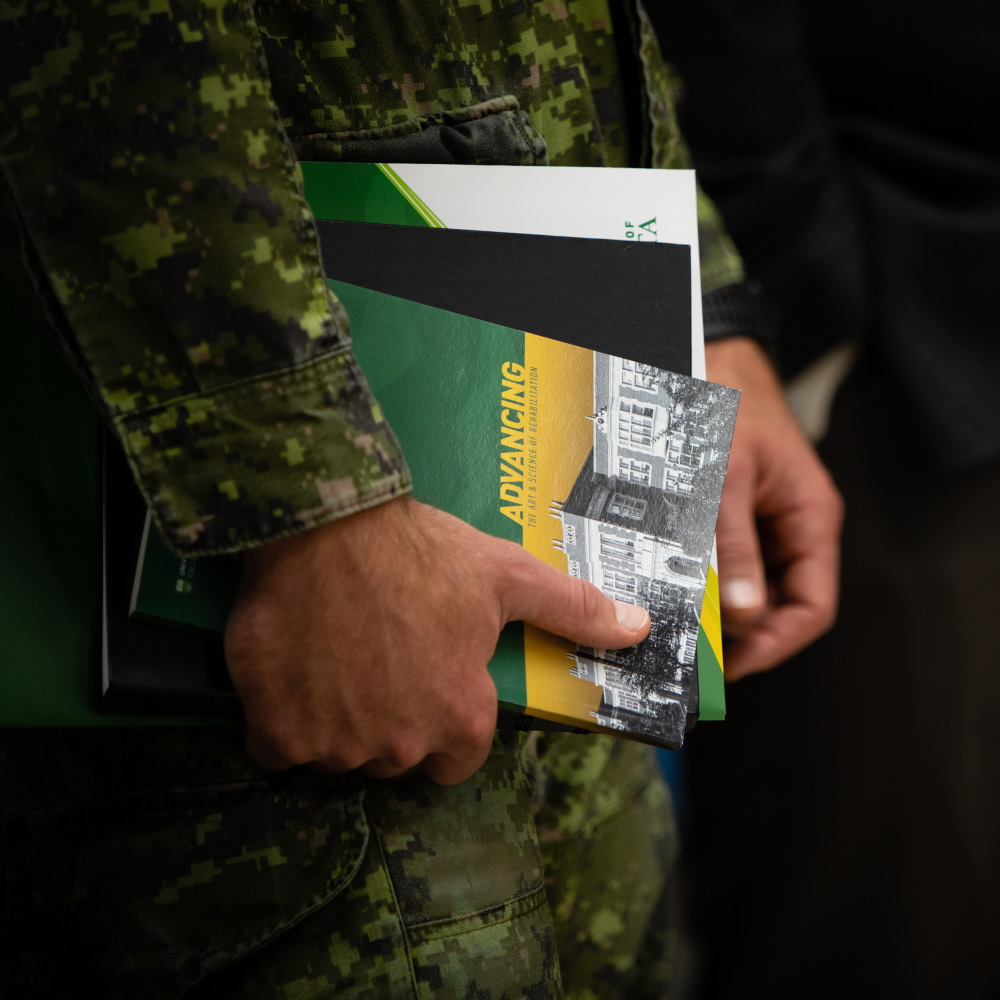
Thanks to a $714,000 Alberta provincial government grant, our Heroes in Mind, Advocacy and Research Consortium (HiMARC) will pilot a Veteran-Friendly Campus this fall
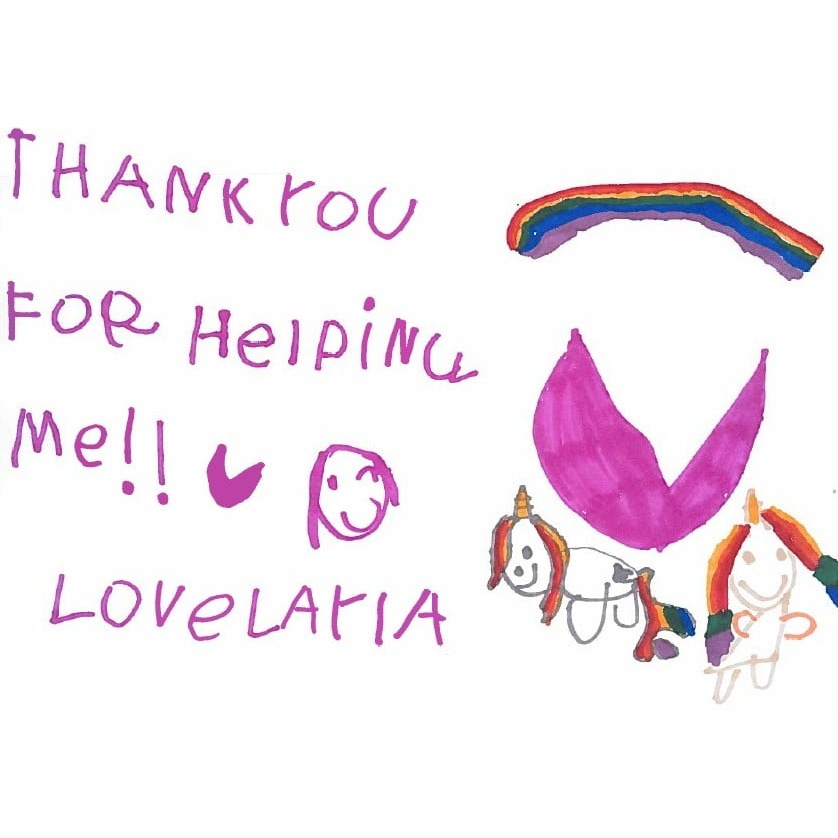
Institute for Stuttering Treatment and Research (ISTAR) celebrates its 35th anniversary in 2021
Rehab Med and the COVID-19 Pandemic
Experts believe COVID-19’s “fourth wave” will be rehabilitation. With an increased focus on rehabilitation to support patients recovering from the virus, researchers, clinical instructors and students in the Faculty of Rehabilitation Medicine are responding with innovative approaches and solutions.

Rehabilitation needs and physiotherapy intervention for Long COVID
Many people with COVID-19 have symptoms for months after the acute phase is over. This condition is called “Long COVID,” which includes breathlessness, fatigue and exhaustion – symptoms that affect patients’ normal daily functioning. Two related studies aim to better understand these patients’ needs, their access to health services, and the effectiveness of rehabilitation, especially tailored physiotherapy intervention. The results will improve rehabilitation for Long COVID in Canada and inform international guidelines.
Working with patients in a time of social distancing
How do you treat a patient when you can’t see them in person? It’s a question many rehabilitation professionals have asked themselves in the past year.
"Tele-care has been a growing service in all areas of health care," says Bernadette Martin, associate dean of professional programs and strategic initiatives in the Faculty of Rehabilitation Medicine. "COVID-19 has now led more people to try to figure out what can be done when you cannot be in the same room as a patient, and it has increased the need to adopt this kind of care approach."
Though we are distancing, many clients still need to keep their rehabilitation programs going. Lezlie Naka and her 12-year-old son Kaden live in Saskatchewan. Naka says Kayden, a client at the Institute of Stuttering Treatment and Research, benefited from remote therapy: “If we had to wait for the COVID-19 restrictions to be lifted for in-person appointments, it would have delayed his therapy process.”

One-year later: Tips from the pros
We’ve been working from home for more than a year. What have we done to our bodies? And what do rehabilitation professionals have to say about it? Check out these links for advice about staying well during the pandemic:
- How to create a healthy workspace
- How to save your voice while social distancing
- Getting back to exercise
- How to control your pandemic drinking
- Tips to combat pandemic insomnia

Student life during Covid-19
Students in the Faculty of Rehabilitation Medicine learned remotely for the 2020-21 school year, with the exception of a few lab-based courses. It hasn’t been an easy year, but we are so proud of our students’ resilience and commitment to learning.


Physical therapy students in Edmonton and Calgary celebrate Valentine’s Day 2021.
We asked our students to tell us ...
What has been the hardest part of being an FRM student during the COVID-19 pandemic?
“It's been challenging moving to a new city and living alone and not having the chance to make social connections.”
“Without a doubt, the Zoom fatigue was truly real.”
Are there any advantages to learning online?
“I haven't had to deal with the LRT breaking down or waiting outside in the cold for the bus. A blessing in disguise!”
“Being able to re-watch recordings gives me the opportunity to clarify information on my own time and really absorb the information.”
Has anything you've learned as an FRM student helped build your resilience to get you through the past year?
“I've had the opportunity to see how much of a community FRM is and seeking support from friends and colleagues has helped me build resilience.”
“As an FRM student, I've learned lots about the importance of physical activity. It has been so beneficial to my mental health, but also my sleep schedule, appetite and focus during long Zoom classes!”
What has been a highlight of your life as a student over the past year?
“I've really enjoyed the effort people have made to remain connected despite all of us being at home. Online game nights and group exercise have been a good way to have fun on study breaks!”
Rehab Research Impact
Researchers in the Faculty of Rehabilitation Medicine continue to lead discoveries in neuroscience and mental health, children’s health and wellness, and prevention and management of chronic conditions. As the faculty’s newest Canada Research Chair, Jacqueline Cummine is studying the barriers to adult literacy. Here are some more research highlights from 2020-21.
Rehab Community Impact
Our student clinics provide rehabilitation services to patients from the surrounding community and beyond, giving students robust hands-on clinical experience. Across our clinics, programs and research we work to support communities facing barriers to access, including veterans, rural residents, Indigenous peoples and Edmonton’s underserved populations.

“My beacon of hope”
In April 2019, newly discharged from a brain injury unit where he’d spent a year recovering after a massive stroke, Chris Paliwoda was finally able to go home. But it was a bittersweet return: the rehabilitation he needed to continue his recovery would soon be out of reach.
His lifesaver came in the Faculty of Rehabilitation Medicine’s Corbett Hall Student Physical Therapy Clinic, which offers community members affordable individual and group rehabilitation services by students supervised by licensed physical therapists.
Read MoreRehab Med's clinics and camps serving the community
- Corbett Hall Speech-Language Clinic
(Corbett Clinic) - Corbett Hall Early Education Program
(CHEEP) - Corbett Hall Student Physical Therapy Clinic
- Cancer Rehabilitation Clinic / Alberta Cancer Exercise Program
- Alberta Aphasia Camp
- Augmentative and Alternative Communication Camp
- Corbett Aphasia Rehabilitation and Education
(CARE) - Parkinson: Ability, Communication, Education
(PACE)

Tele-Rehab 2.0 brings specialized care to remote clinics
Tele-Rehab 2.0 is bridging the gap between rural Alberta physiotherapy patients and their road to recovery. The high-tech project uses wearable sensors, cameras and custom motion-capture software to collect data from patients in remote communities, which is then sent to specialists for accurate assessments. "We're working to address the inequality rural patients face when accessing specialized health care, while also supporting rural clinicians who often feel professionally isolated," said principal investigator Martin Ferguson-Pell, who leads the Rehabilitation Robotics Lab.
New administrative home for Glen Sather Sports Medicine Clinic
The Glen Sather Sports Medicine Clinic joined the U of A’s Campus Services unit in April 2021. The change is an exciting opportunity for the clinic to collaborate with other service teams and to share ideas and resources. The Faculty of Rehabilitation Medicine is proud of the pioneering work of the Sather, and this administrative transfer will not impact the mandate of the clinic. The Glen Sather continues to be located in the Kaye Edmonton Clinic and welcomes patients for in-person and tele-rehab visits.

With this year’s Pride March cancelled due to COVID-19, our occupational therapy students and staff contributed their photos to create this striking mosaic in honour of Pride Week.
Equity, Diversity and Inclusion in the Faculty of Rehabilitation Medicine
Here are some of the ways we’re demonstrating our commitment to accessibility, equity, diversity and inclusion:
- 38 students have completed the Indigenous Focus stream in occupational therapy since the program began in 2018
- Honouring our Grandmothers Indigenous Graduate Award in Rehabilitation Medicine recognizes student involvement in community building and wellness initiatives in the Indigenous and/or broader community
- Teaching position in Indigenous Occupational Therapy and Practice will help build capacity to diversify the profession and lead us in decolonizing the curriculum.
- Faculty EDI Advisory Committee to coordinate EDI initiatives and have a stronger and broader impact.
- Changes to admissions requirements, including language proficiency, that reduce barriers and improve diversity.
Celebrating Our Donors and Alumni
We miss you!
It’s been a year of challenge and uncertainty, and we’ve missed connecting with you in person. We look forward to seeing you at this year’s Alumni Week(end) from September 27 to October 2. We’ll be going digital again so you can celebrate with us wherever you are! In the meantime, tell us what you're up to by submitting a class note.
8,666
total alumni
362
volunteer hours
(in 2019-20)
337,500
hours given by clinical preceptors,
many of whom are alumni!
Thank you to our wonderful donors who continue to change lives through education, research and rehabilitation! Here are just a few of the ways you’re making a difference:
- Leading Edge Physiotherapy Graduate Scholarship in Innovative Physical Therapy
- E. William Kuder Mental Health Graduate Award in Occupational Therapy
- Janice Leung Memorial Graduate Award in Rehabilitation Medicine
- Honouring our Grandmothers Indigenous Graduate Award in Rehabilitation Medicine
Now more than ever, rehabilitation is essential to enhancing lives. Give to Rehab Med today.
Let Us Know
Does this report help you better understand the research, teaching and community impact of the Faculty of Rehabilitation Medicine? Share your feedback!
This report highlights achievements from the Faculty of Rehabilitation Medicine’s 2021 fiscal year: April 1, 2020 to March 31, 2021
